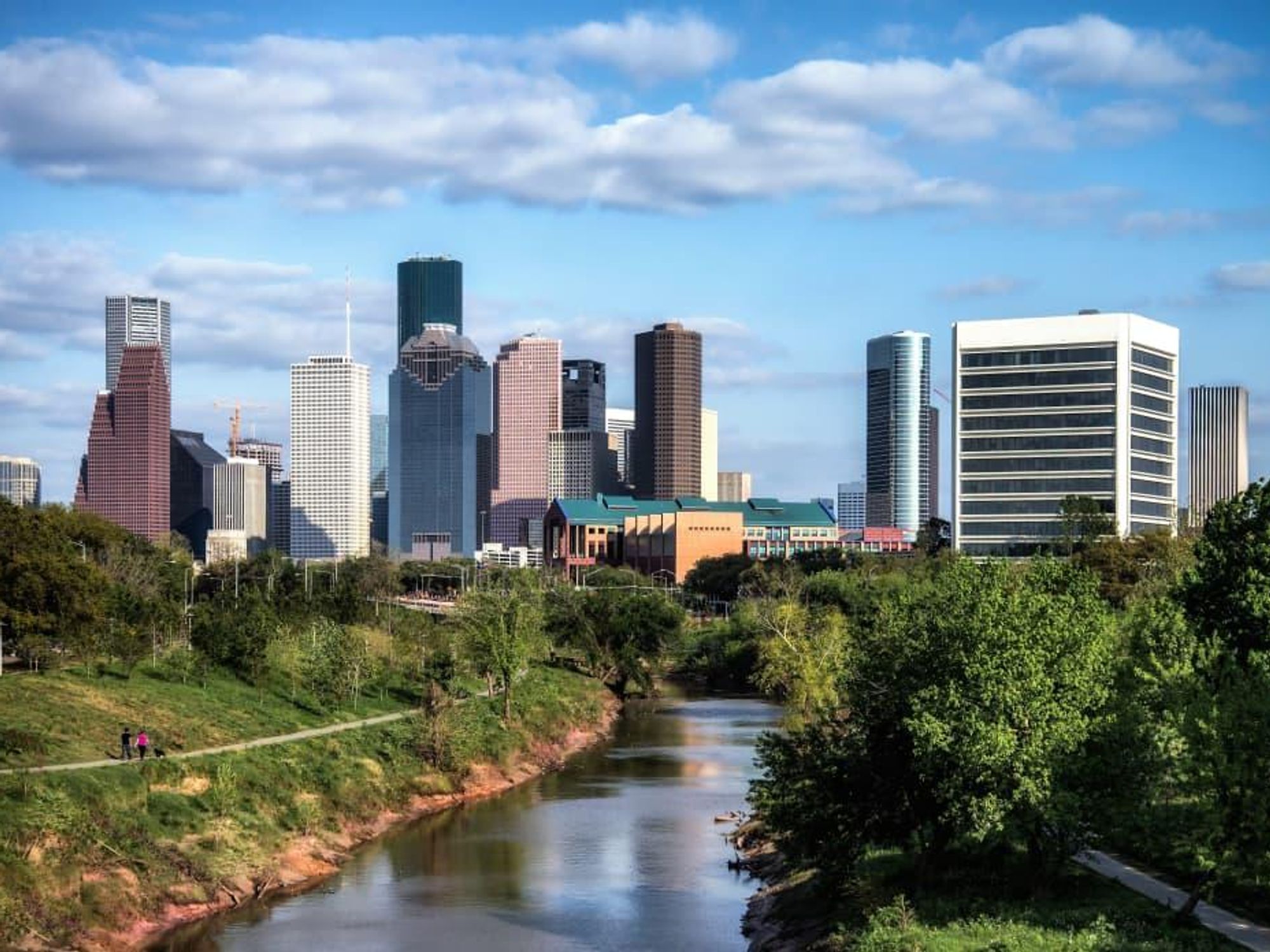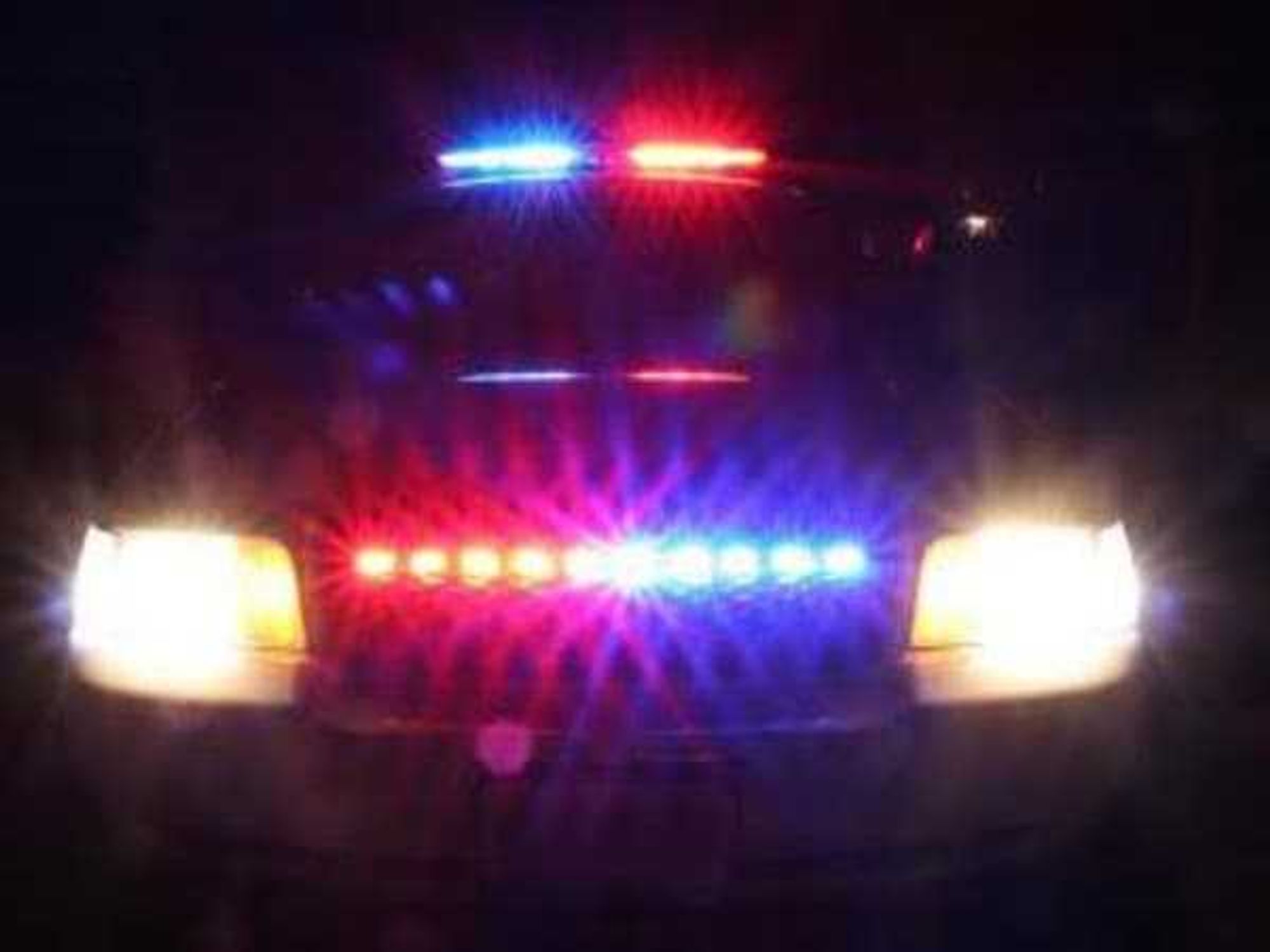tropical storm imelda
Here is how Houstonians can help victims of Tropical Storm Imelda

As anyone who was unfortunately stuck out in the rain and flooding on Thursday, September 19, will tell you, Tropical Storm Imelda took a lot of people by surprise. But the people left stranded on the freeways weren’t the only ones affected.
According to an AP report, hundreds of homes and other buildings, extending eastward from Houston and across the Louisiana border, were damaged by the storm, dumping more than 40 inches of rain in some spots and being blamed for at least five deaths.
Several organizations have already sprang into action:
Mayor Sylvester Turner, Harris County Judge Lina Hidalgo, and Mattress Mack have created the Imelda Assistance Fund. Houston Food Bank sent food and water to several shelters the day it happened, as well as sent its food truck to Chambers County to serve hot meals at shelters the following day. The Salvation Army has dispatched several Emergency Disaster Services (EDS) units through southeast Texas.
And UnitedHealthcare and Optum, the health benefits and services companies of UnitedHealth Group, are providing services that include assisting health plan participants who may need to make alternate arrangements to access care and early prescription refills, as well as offering a free emotional-support line to help people who might be affected.
Of course; there is also the American Red Cross, which has erected multiple shelters across the Greater Houston area. CultureMap asked Jackie Drake of the American Red Cross about what people can do during this time:
CultureMap: What is the best way to help right now?
Jackie Drake: After a storm, the best way to help is to volunteer your time or donate. Disasters can affect any of us at any time, volunteering your time is an investment in your community. Making a financial donation allows the Red Cross flexibility to allocate resources where they are needed most.
CM: How many need help?
JD: It’s hard to say how many people we expect to assist, that number will be determined on how many homes are flooded and how many residents can’t make it to their home because of flooded streets. As of today, the shelter count is at 19 (although the number could change by this afternoon), and we had more than 1,200 overnight stays.
CM: Does the Red Cross need blood at this time?
JD: The Red Cross does not collect blood along the Texas Gulf Coast, but we do have a processing facility in the Houston chapter. We encourage those who are able to donate blood at this time to do so because, generally, there tends to be a blood shortage when disaster strikes. There are a number of blood collection companies in Houston, I recommend giving one of them a call and set up an appointment.
CM: Which areas are most affected?
JD: This is a great question, one that we are actively seeking to answer. Part of the Red Cross’s work in the community is finding out what areas have been hardest hit. We are in the phase of gathering information, some of which will come from reports we get from shelters and also information gathered from our community partners.
Once we get that information, and road conditions allow us access into those areas, we send emergency response vehicles to hand out water, hot meals, and clean up kits. This is also the time when caseworkers work with families, connecting them to community resources to aid them in their journey to restoration.
---
Additional reporting by Steven Devadanam.
